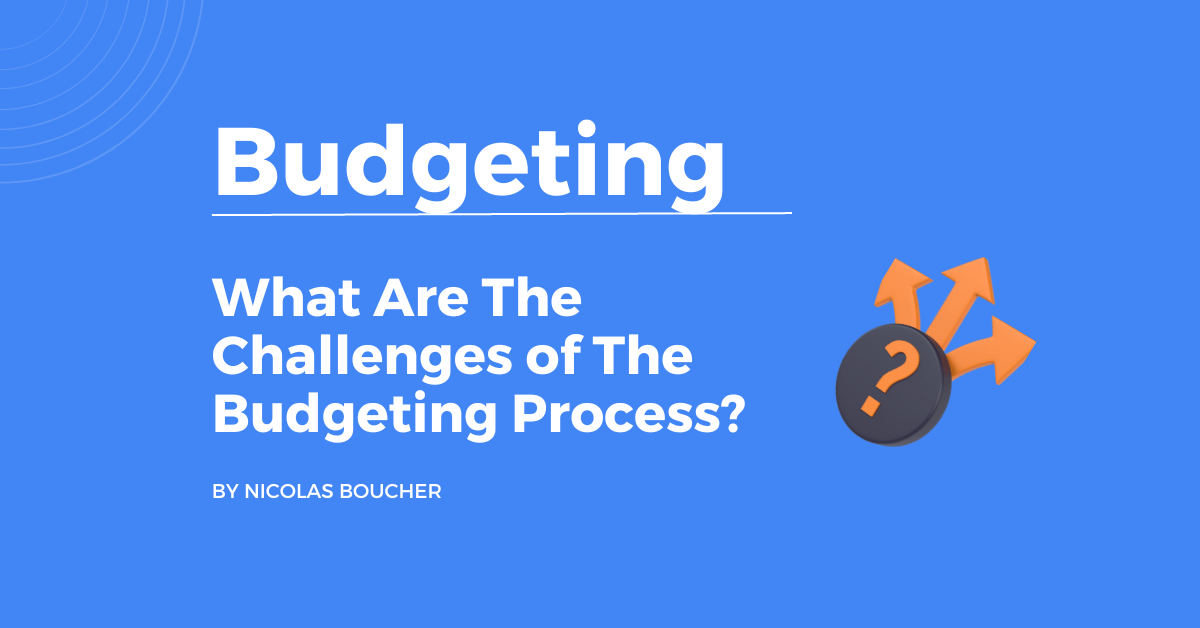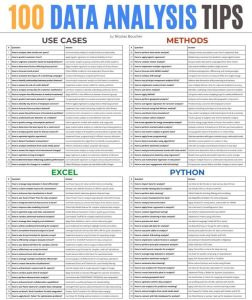Do you know the challenges of budgeting?
You’ve probably heard the phrase “If you don’t plan, you plan to fail.” The quality of an organization’s strategy determines its capacity to achieve profitably, sustained growth.
Setting up a financial budget is the first step in a successful planning approach.
To achieve this, staff members must collaborate to gather, examine, and update information on a company’s income, costs, and cash flows for the future fiscal or calendar year.
Table of Contents
Top Challenges of Budgeting
Here are the top challenges of budgeting you may face.
#1: Coordination and Collaboration
A budget-making process involves several steps and moving pieces. Before everything is decided upon, there may be a lot of back and forth among department supervisors during these phases.
As a result, difficulties and complexity are multiplied tenfold in larger enterprises.
#2: Time
Organizations may need three months or more to manually finish the budget. Most businesses create their budgets just before the start of a new fiscal year.
The actuals from the current year are often used as the foundation for the budget for the next year. Hence, in order to maximize the number of real months available for budgeting, you should start the process as late in the year as feasible. Yet you are forced to start months in advance if the procedure is laborious and manual.
#3: Measure Your Return Correctly
It’s not always easy to calculate your return on investment by comparing your sales to your overall investment. Results from certain departments are challenging to evaluate.
For instance, marketing expenditures could raise brand recognition or generate new prospects. But, it can be weeks, months, or even years before you start to make money.
#4: Maintaining A Company-Oriented Budget
Your company’s departments each have their own financial plans. These agendas may clash with one another or with the organization’s larger objectives. When departments submit budget proposals that are based on their priorities, this causes problems when you try to implement your budget.
To ensure that your budget continues on track and doesn’t overlook areas that are important for the expansion of your company, it is crucial to keep each department in line with your business’s goals.
#5: Adapting to Mid-Year Adjustments
Businesses have learned that it is impossible to foresee the future if the worldwide epidemic taught them anything.
Due to unforeseen events, changes in your company, or unexpected growth, your budget plan at the start of the fiscal year seldom looks the same at the conclusion of the year.
You can find yourself rushing to adapt your budget at the last minute if you don’t have effective systems in place to deal with unforeseen changes or if you don’t plan ahead enough. This frequently results in loss, poor departmental communication, and blunders that you may prevent.
#6: Doing Unnecessary Manual Tasks
Manual data input has an average error rate of 1%. When such mistakes are a result of the creation and implementation of your budget, that proportion results in a considerably larger loss. Large firms, for instance, claim that poor data quality costs them $15 million every year.
Mistakes can occur due to:
- Data input errors
- Interpreting handwritten reports incorrectly
- Losing documents or reports
#7: Collecting Incorrect Data
Almost always, you construct the budget using historical data as a base. To construct a clear image of reality, this data must be consciously and carefully gathered. Your forward-looking budget can only be accurate and up to date with current events if this clarity is there.
Unfortunately, gathering this data may well be exceedingly difficult.
Using a single FP&A solution makes this process simpler and ensures that all of your data is centralized and available during budget season.
The Bottom Line – You Can Overcome The Challenges of Budgeting
You should take your organization’s particular demands into consideration while designing and developing your budgeting process to overcome the challenges of budgeting.
When creating an appropriate budget that works for you, paying attention to the details makes all the difference in the world.
Finally, one of the main topics covered in my course is budgeting, and if you want to improve your budgeting skills, you should definitely take my course and become a pro.















